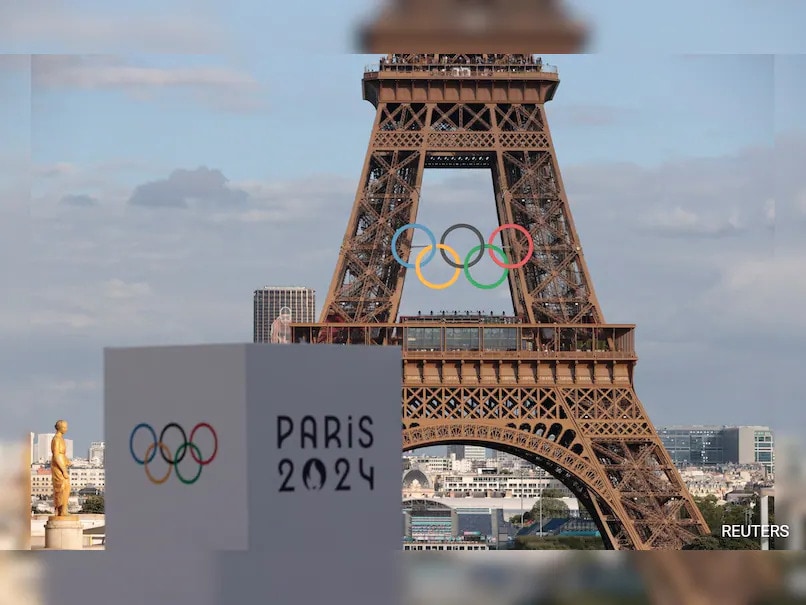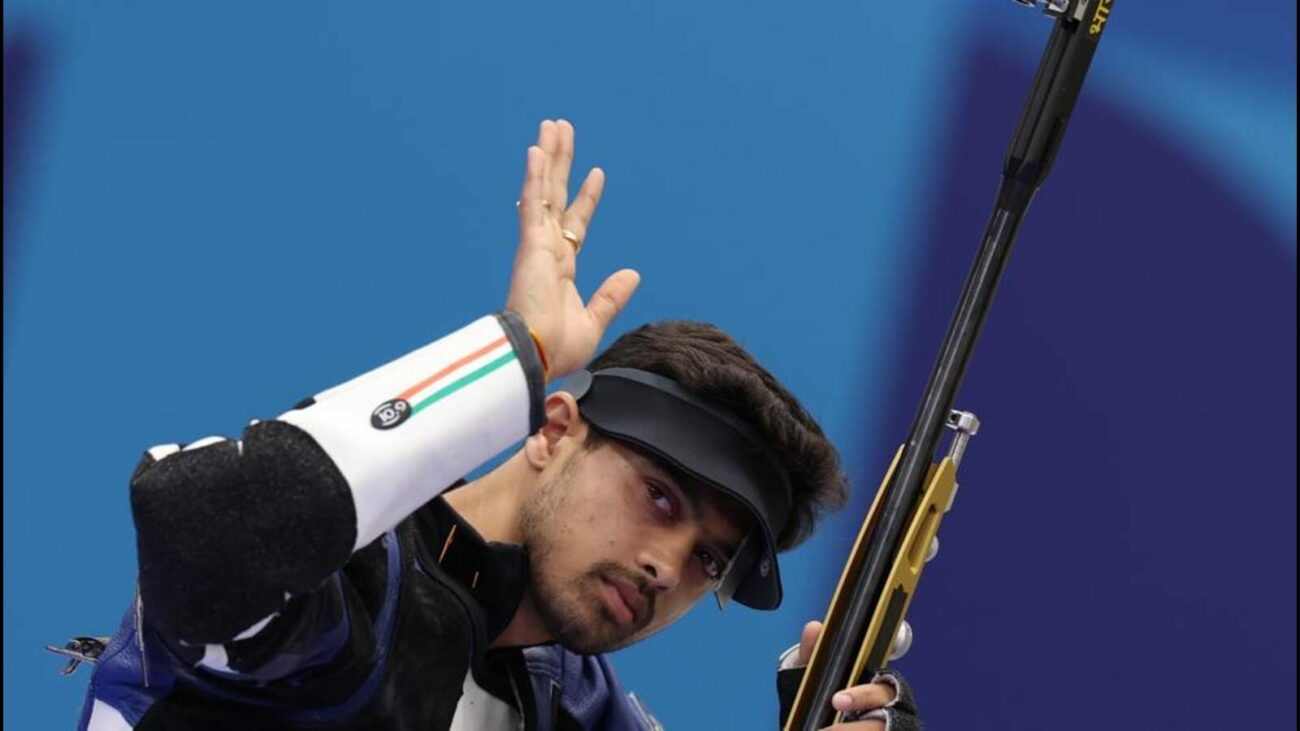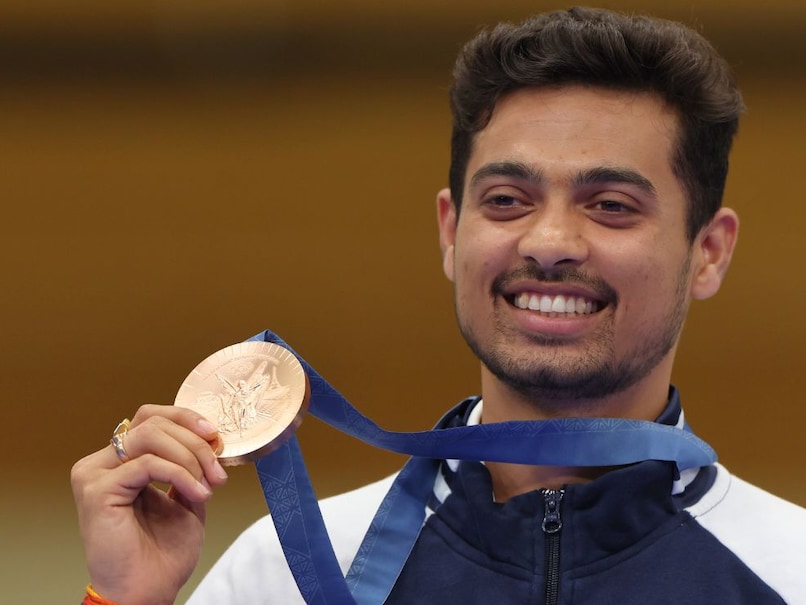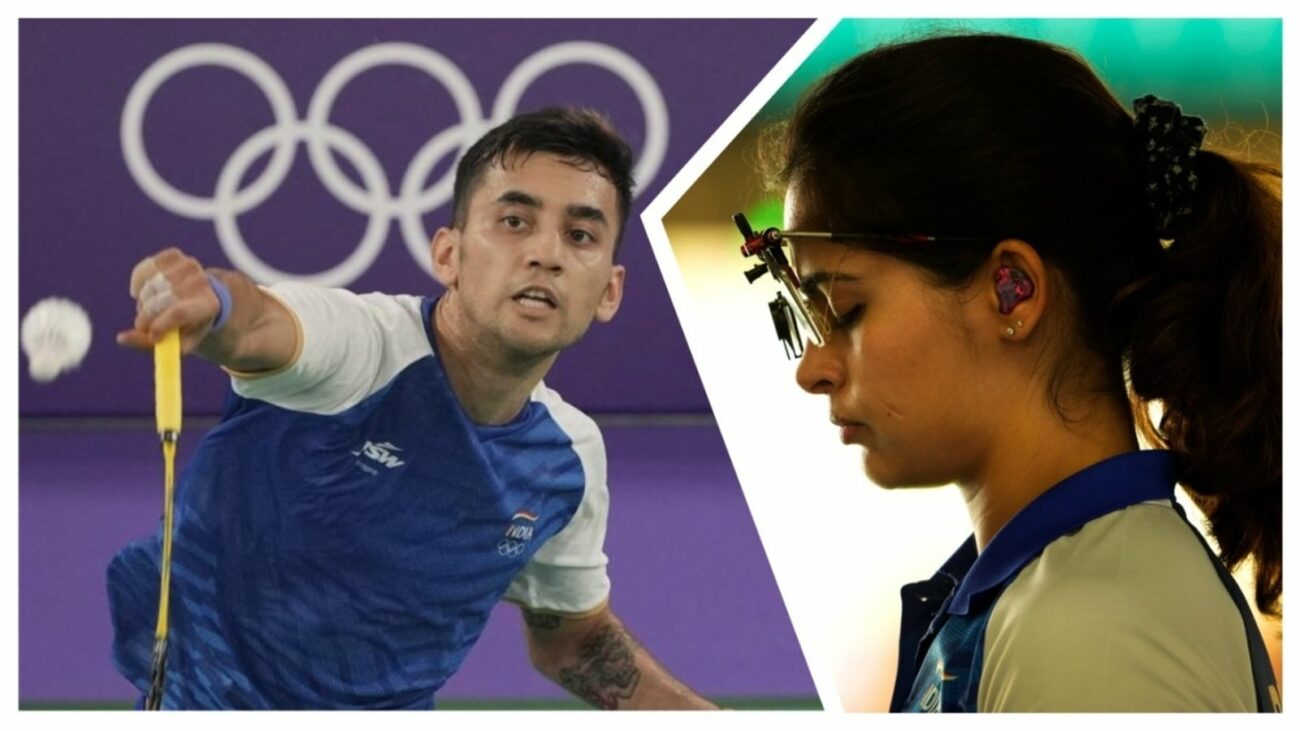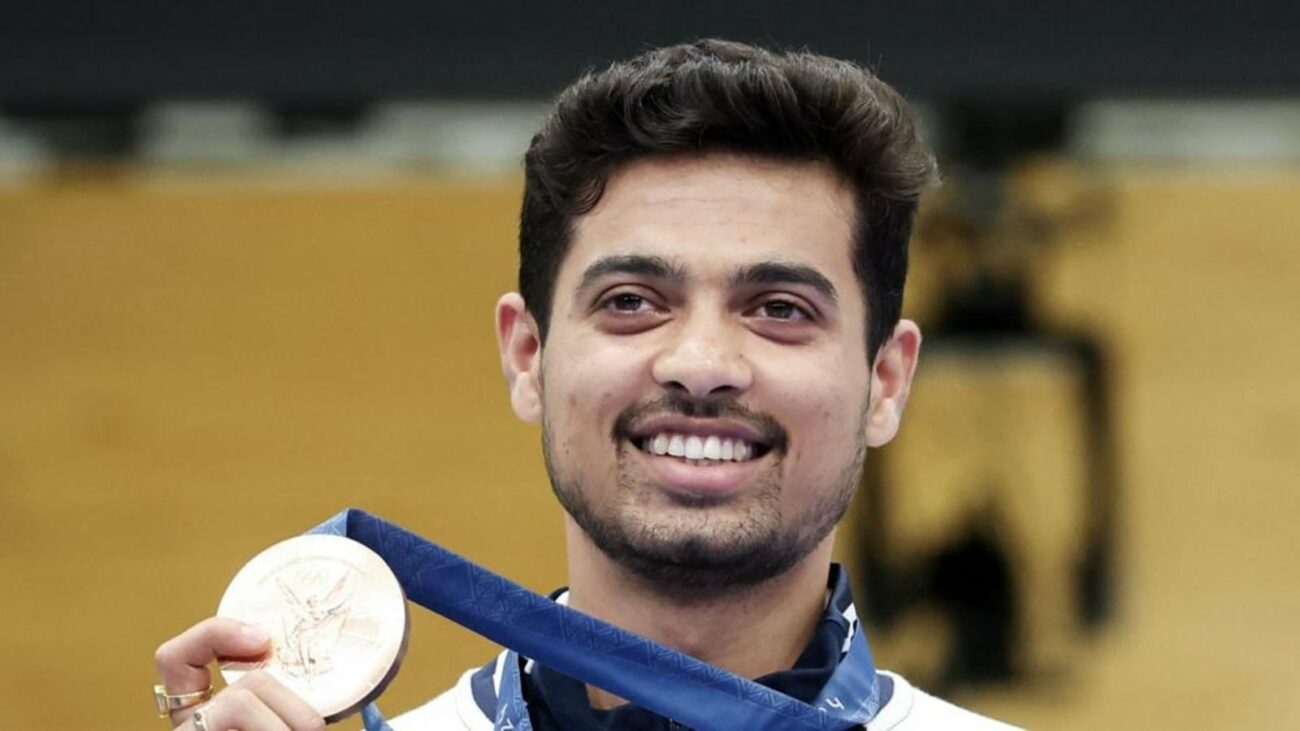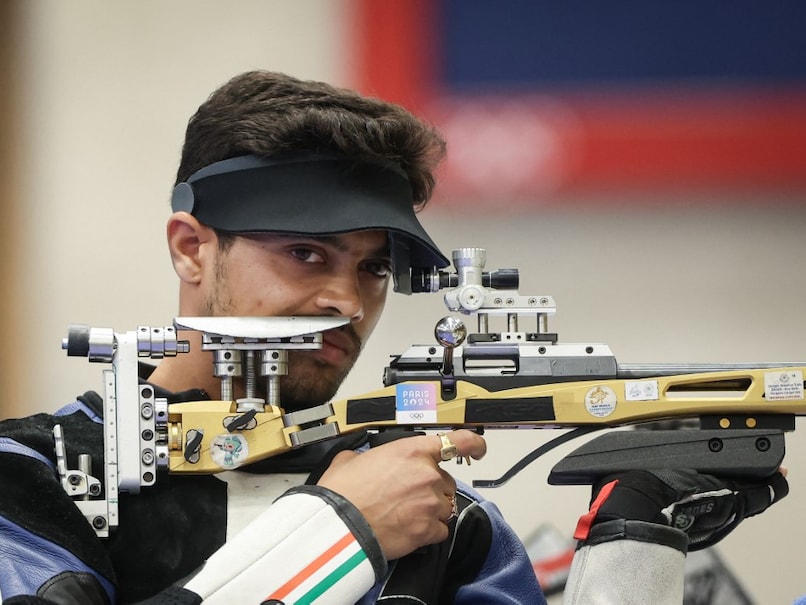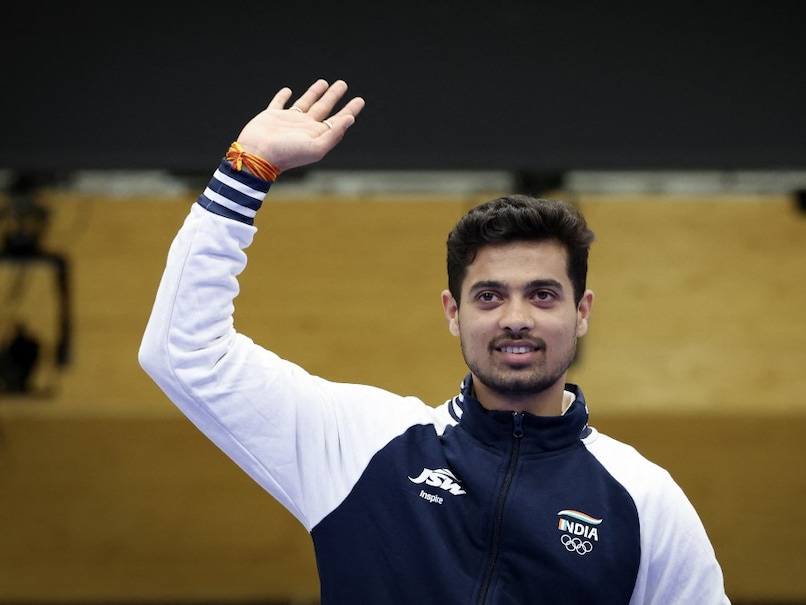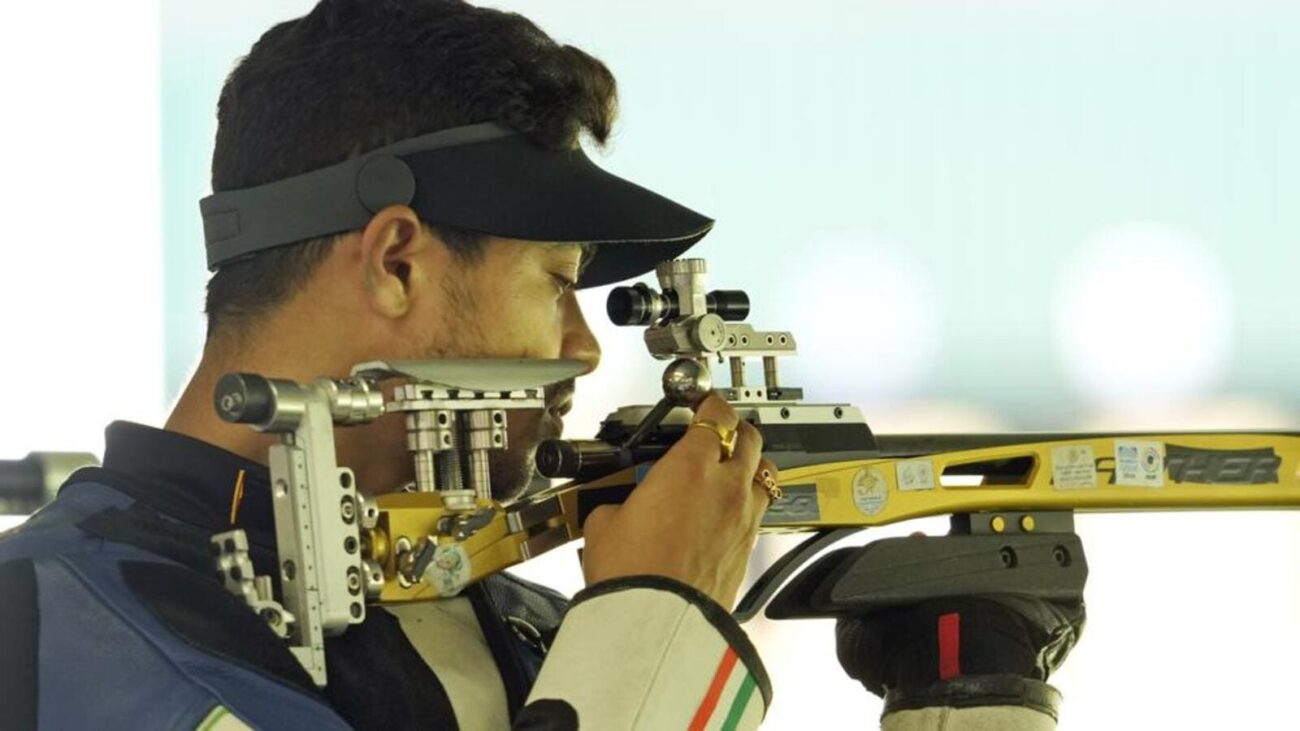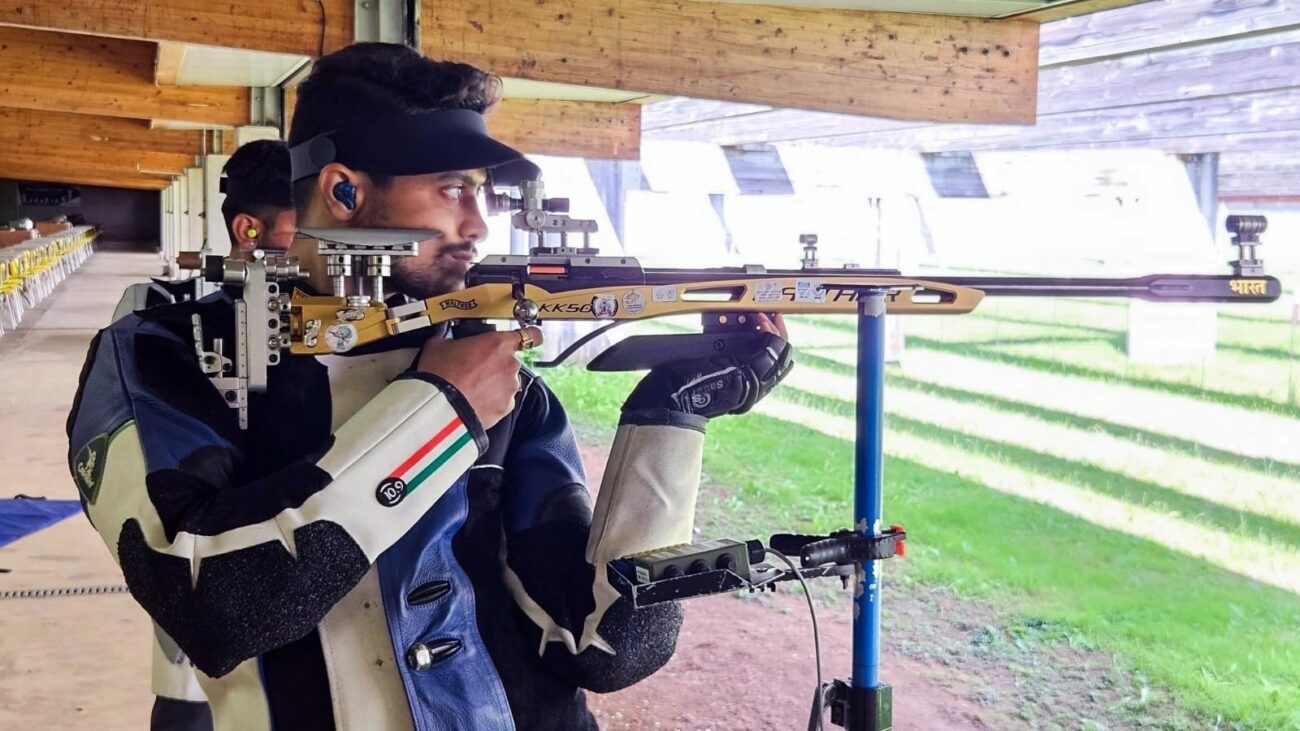Maharashtra Government’s Prize Money for Olympic Medalist Sparks Disappointment
Swapnil Kusale’s father, Suresh Kusale, has expressed disappointment over the Maharashtra government’s prize money of Rs 2 crore for his son’s bronze medal at the Paris Olympics. He believes the amount is insufficient compared to the rewards given by other states like Haryana.
Suresh Kusale claims that Haryana offers Rs 5 crore to its Olympic medalists, regardless of the medal’s color. He questions why Maharashtra has established a prize money structure that does not adequately recognize the rarity of an Olympic medal from the state.
He points out that Swapnil is only the second individual Olympic medalist from Maharashtra in 72 years, after wrestler K D Jadhav in 1952. He argues that such a rare achievement deserves a more substantial reward.
Suresh Kusale also criticizes the government’s decision to award Rs 5 crore to gold medalists, Rs 3 crore to silver medalists, and Rs 2 crore to bronze medalists. He believes this criteria is unfair, as it does not account for the fact that only a handful of athletes from Maharashtra have won individual Olympic medals.
He suggests that the government should consider naming the 50-meter-three-position rifle shooting arena at the Chhatrapati Shivaji Maharaj Sports Complex in Balewadi after his son. He also demands a flat near the stadium for Swapnil’s convenience in training.
Suresh Kusale’s concerns highlight the need for a more equitable and merit-based approach to rewarding Olympic medalists in Maharashtra. He believes that the state should recognize the exceptional achievements of its athletes and provide them with the support they need to continue their success.

